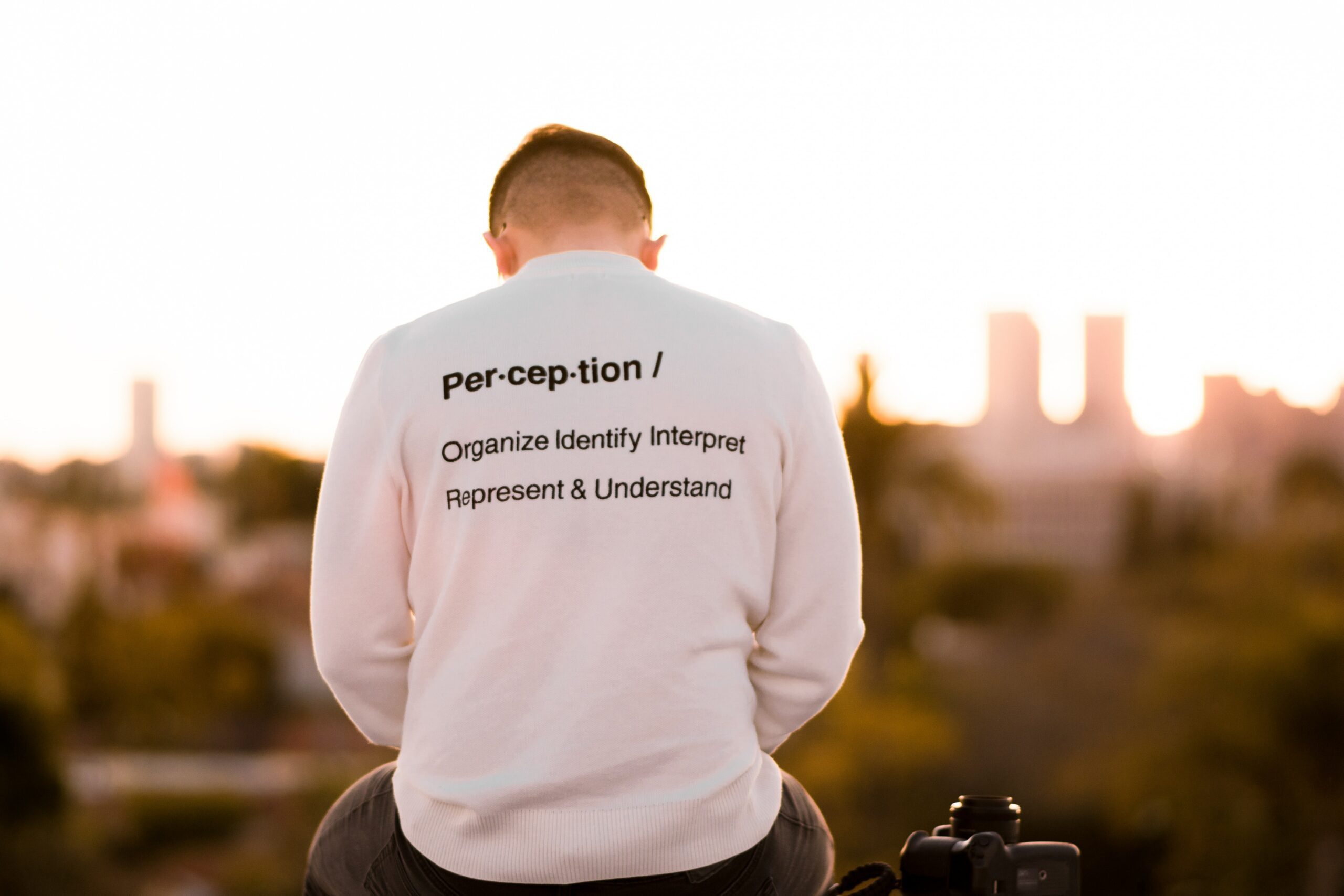I’m coming down off the Summit experience, and have a brain full of stuff to process. For those of you who were a part of pulling off the experience at sites all over North America, thanks for your partnership and your commitment to excellence. I always love the way we can come together to technically support such a far-reaching event.
This year, Brene Brown spoke about the science of shame and vulnerability. I have been listening to her book “Daring Greatly” which I would highly recommend to every technical artist I know.

Here’s a quote that I love:
“Perfectionism is more about perception than internal motivation. Perception is impossible to control.”
As tech people, we tend to get accused quite often of driving for perfectionism. That our attention to detail or our need to know exactly what is going to happen is because we want things to be perfect. That flawless execution is the highest value.
For me and for the team I have the privilege to lead, we do care about flawless execution, but it isn’t because that’s what matters most or because my self-worth is wrapped up in a service with no mistakes in it. The internal motivation is to remove potential distractions from people’s experiences. The goal is to make production as transparent (sounds better than invisible) as possible…that people are focused on worshiping or hearing the message with nothing getting in the way.
I am pretty comfortable with the fact that I am not a perfectionist. I like to do my very best, which is all I can expect from myself. With that, I am uncomfortable with being labeled a perfectionist, which is a perception.
While it might be impossible to control people’s perceptions, as Brene states, I need to do my very best to try to change that perception. I can’t expect people to understand my motivation or my team’s motivation if I am not continually casting a vision for why we do what we do. I’m not so worried about the random people that come up to the booth and complain about the volume. I’m mostly interested in helping the people I work closely with understanding why I am after so much information, or why rehearsing things matters so much to my team.
What is your internal motivation for a flawless service?
What are some ways that you could help change the perception people might have of perfectionism?










